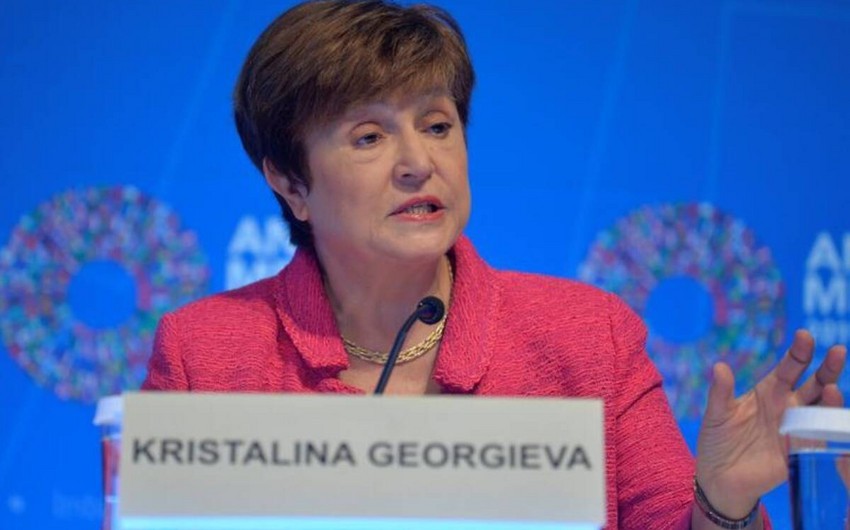“We expect 2023 to be another difficult year, with global growth falling under 3 percent as the effects of the war in Ukraine and monetary tightening continue to take hold,” said Managing Director of the International Monetary Fund Kristalina Georgieva at the 2023 Boao Forum for Asia, Report informs.
According to her, the global economy has been in choppy waters for quite some time, experiencing shock after shock after shock: “A rapid transition from a prolonged period of low-interest rates to much higher rates—necessary to fight inflation—has inevitably caused turbulence in the banking sector in some advanced economies and made policy choices even harder.”
“This year’s Boao Forum offers an answer: through cooperation and solidarity, the twin beacons of light we can rely on to guide us through the challenges that lay ahead.
Cooperation has already transformed the global economy by deepening trade integration—which has boosted incomes and living standards across the world.
Over the past 40 years, the world economy has tripled in size, with emerging and developing countries quadrupling in size—making them the biggest beneficiaries. In China alone, 800 million people have been lifted out of poverty, as it has become ever more integrated into the world economy. A huge achievement by any standard!
But we also must recognize that the benefits of globalization have not been shared equally across countries or people. And we have learned that supply chains need to be made more secure and diversified.
Our research shows that the long-term cost of trade fragmentation could be as high as 7 percent of global GDP—roughly equivalent to the combined annual output of Germany and Japan. And as a highly integrated region, Asia would be the most adversely affected by runaway fragmentation.”
Georgieva said over the past three years, low-income and vulnerable countries and people have been hit especially hard: “Cooperation goes hand in hand with solidarity with those in greatest need. Solidarity must also extends to the future generations — and nowhere it matters more that in climate action, especially in Asia with its high population density and exposure to climate shocks. This is also the place to speed up the green transition offering much needed opportunities for growth and jobs.”


 https://static.report.az/photo/c03c1ab5-fe25-348a-bc07-06950713a35f.jpg
https://static.report.az/photo/c03c1ab5-fe25-348a-bc07-06950713a35f.jpg

